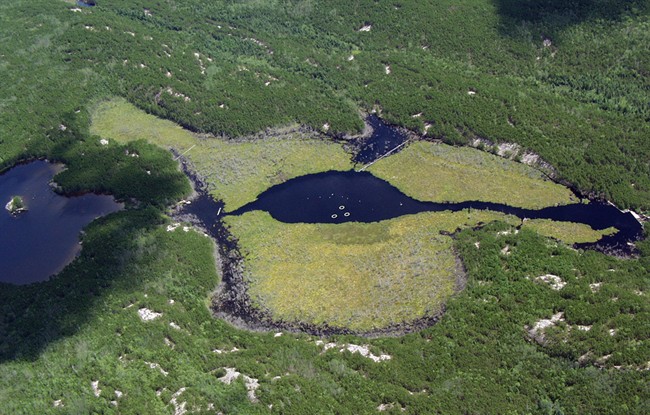KENORA, Ont. – Ontario and Manitoba are promising millions in funding to keep a world-famous experimental research area open in northwestern Ontario.

Ontario has promised $2 million per year to keep a world-famous experimental research area open until the Winnipeg-based International Institute for Sustainable Development can reach a long-term agreement to take over operation of the facility.
Manitoba has reached a $6-million, six-year agreement to fund the IISD’s work, including $900,000 for freshwater research and technology at the ELA.
Ontario Premier Kathleen Wynne and Manitoba Premier Greg Selinger made the announcement Monday in Kenora, about 50 kilometres northwest of the Experimental Lakes Area.
The remote region has been used since 1968 for fundamental freshwater studies.
Ottawa announced last year that it was closing the area to save $2 million annually, prompting critics to accuse the Conservatives of hacking away at environmental science.
Wynne and Selinger had said their provinces would help with operating costs.
The International Institute for Sustainable Development, a non-governmental research organization, is in negotiations to take over management of the 58-lake facility.
The funding Wynne announced Monday will allow the facility to remain open while the organization hashes out a long-term agreement with Ontario and the federal Department of Fisheries and Oceans, officials said.
The funding from Manitoba will allow the IISD to continue the research at the ELA, the organization said.
“Today is a good day for science,” IISD president Scott Vaughan said in a statement.
Wynne, meanwhile, said the investment would help make Ontario a world-class destination for scientific research.
“The research performed here provides invaluable knowledge about climate change and helps protect freshwater systems around the world,” she said.

Comments